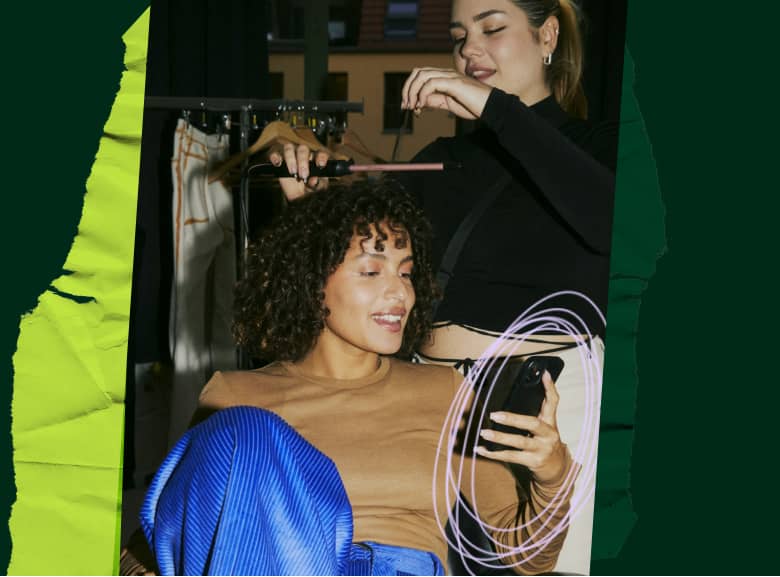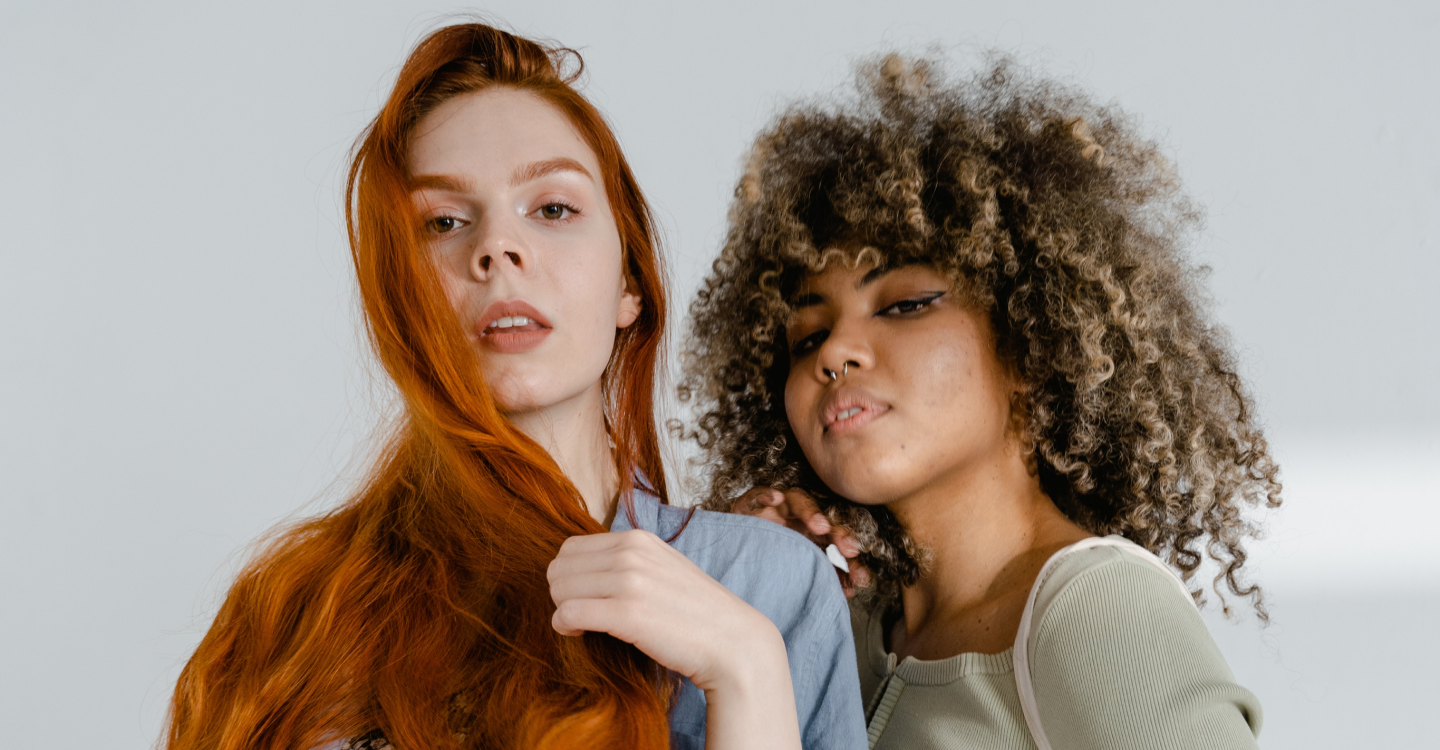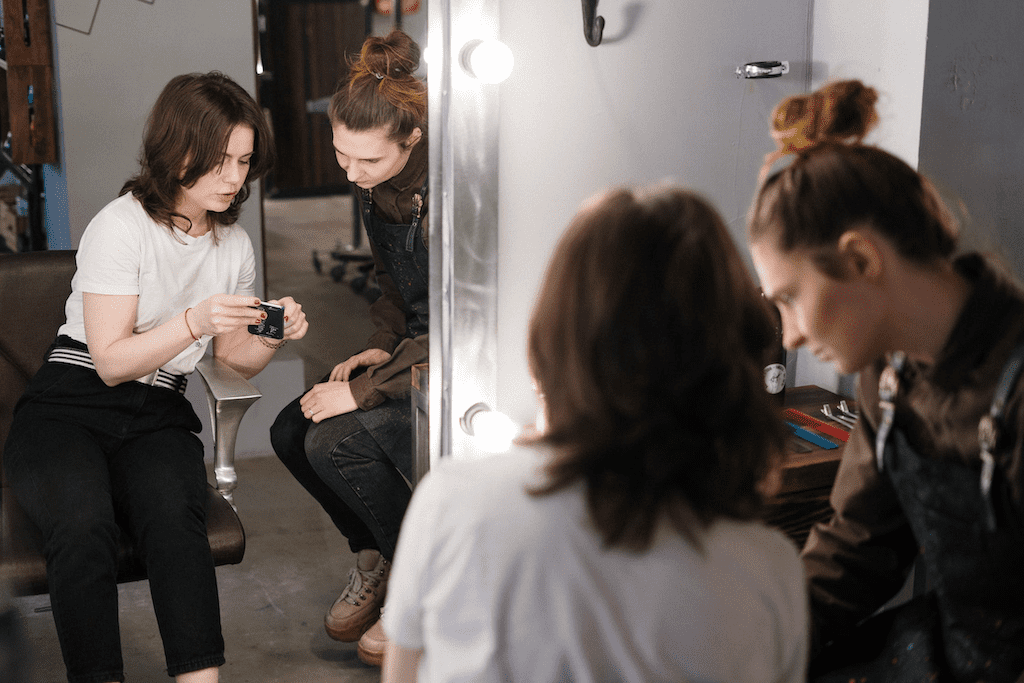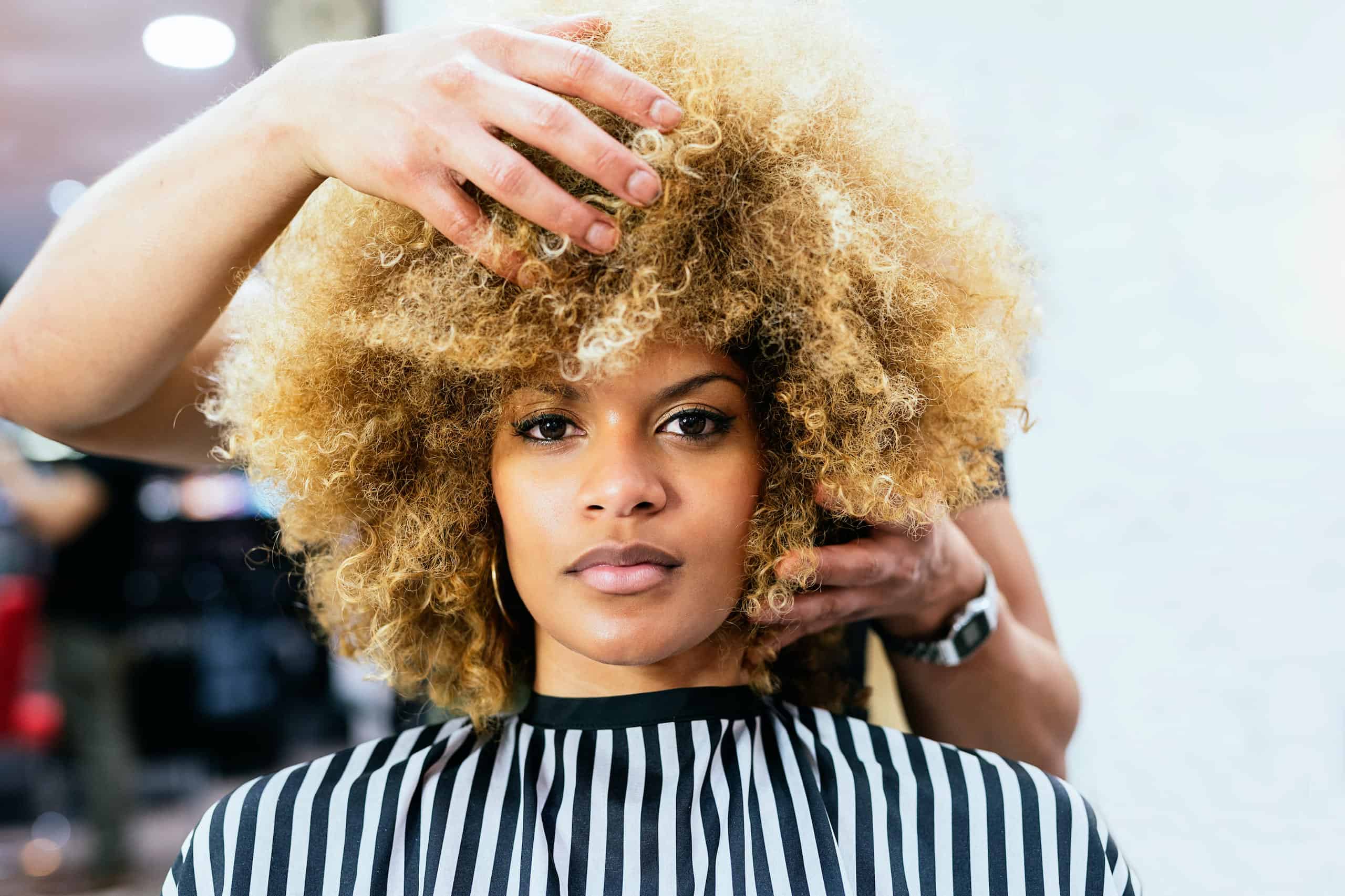79% of Americans Say Beauty Filters Have Changed Beauty Standards
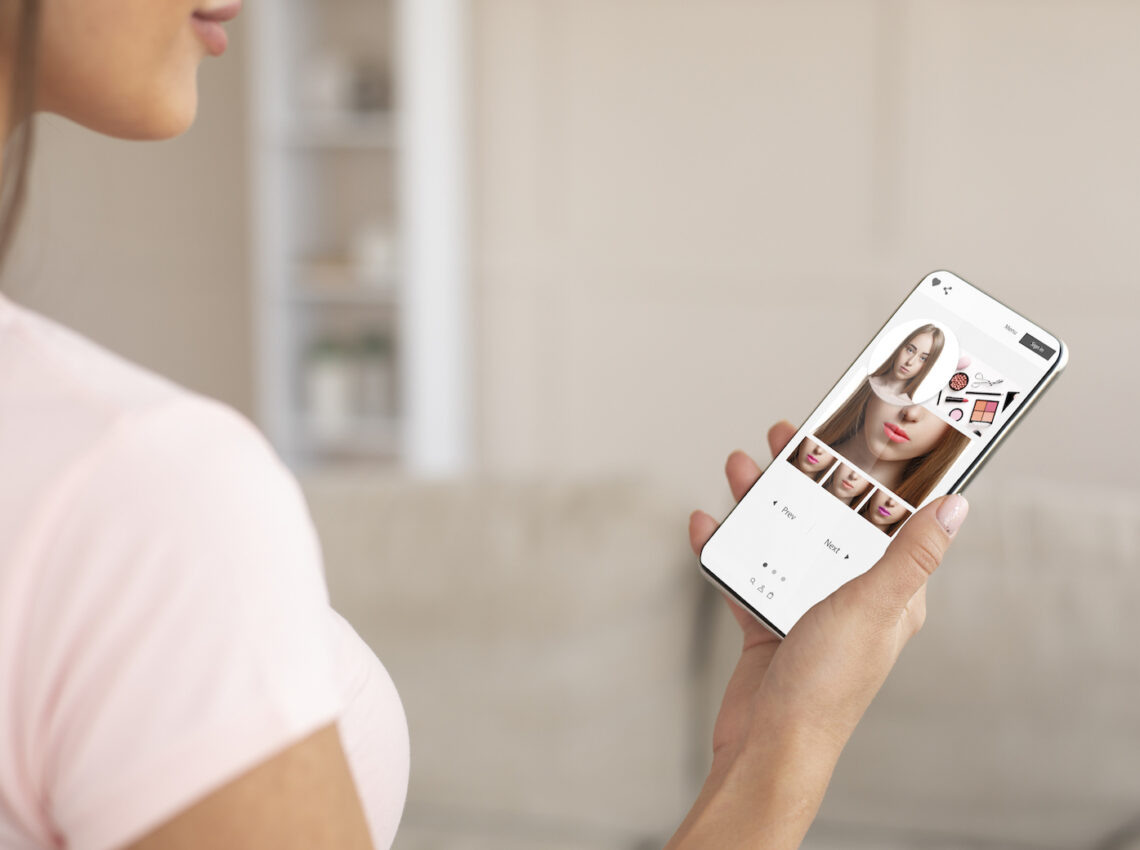
Beauty filters have become quite popular among social media users, especially on TikTok. Some filters simply provide a greenscreen background or game, while others offer appearance-altering effects.
While some appearance filters just add makeup or change your hair color, others completely reshape your face. That’s why our team set out to learn how Americans feel about this new technology and what impacts it has on beauty standards.
We surveyed more than 700 people and asked them to try the popular “bold glamour” filter on TikTok and answer a variety of questions about how it made them feel. Read on to see what we found!
Key Takeaways
- According to 4 in 5 Americans, beauty filters have changed beauty standards.
- About 70% of Americans think beauty filters are bad for self-esteem.
- Over 1 in 3 Americans (35%) believe that there should be an age requirement for beauty filters.
- Gen Zers (72%) are more likely than older generations to think beauty filters are bad for mental health.
- While 3 in 5 Americans believe beauty filters are bad for mental health, 1 in 5 Americans believe they should be prohibited.
Americans’ Opinions on Beauty Filters
The “bold glamour” filter on TikTok has caught a lot of attention from app users with more than 68 million views cycling through “For You” pages around the world. Videos using the filter and talking about it have accumulated more than 941 million views and continue to gain even more each day. In our study, we asked Americans their opinion on the filter, and 4 in 5 people said they think filters like this have changed beauty standards.
According to experts, the “bold glamour” filter uses artificial intelligence to reshape your face. Changes include a thinner nose, sculpted chin, higher cheekbones, and brighter eyes. After seeing themselves with this filter on, 1 in 5 people said they felt insecure.
In addition, Americans who considered themselves below average on an attractiveness scale were more likely to feel insecure when using the filter. For nearly 1 in 3 Americans, seeing themselves with beauty filters on is enough to want to get some type of beauty treatment to alter their appearance.
While some beauty filters are created to be more dramatic, others are designed to be more believable and realistic. Our study found that nearly 1 in 5 people say they notice when others post videos using beauty filters and they don’t like it. Adversely, 5% of people say they don’t notice when others use filters like this, but they don’t like the idea of it.
1 in 3 Americans Believe Beauty Filters Should Have an Age Requirement
Many social media platforms have certain rules for users based on age. On TikTok, any user under the age of 13 will be limited to 60 minutes of screen time. To receive more viewing time, a parent or guardian is required to enter a code that will allow 30 more minutes of viewing time.
While these restrictions do not apply to filter usage, some Americans think they should. According to our study, 1 in 3 people think beauty filters should have an age requirement to access. In addition, 1 in 5 people believe beauty filters should be banned altogether.
Over the years, many experts have shared warnings regarding the impacts of social media and filters. They urge parents to talk to their children, limit screen time, and validate their child’s worth as this appearance-altering technology can have a lasting impact on mental health. In fact, our study found that 1 in 3 people wish they could look the same in real life as they do when altered by beauty filters.
Beauty Filters Impact Mental Health & Self-esteem
Beauty filters have an impact on people of all ages, not just children. In our study, we found that 3 in 5 people believe filters are bad for mental health. And while all generations felt this way to some extent, Generation Z (72%) was the most likely to think these filters have a negative impact on mental health.
Mental health and self-esteem tend to go hand and hand, as one’s self-perception can impact their overall mental well-being. Our study found that Americans who consider themselves above average are less likely to think beauty filters are bad for self-esteem. Overall, however, 7 in 10 Americans worry that filters have a negative impact.
Conclusion
Social media filters have led to many people seeking changes to their appearance, whether that be through beauty treatments, makeup, or other means. While we are all beautiful in our own way, it is natural to want to change our appearance from time to time.
If a beauty filter has you considering chopping your hair or trying a new hair color, StyleSeat is here to help! With the ability to find stylists near you who can perform the services you’re searching for, it’s easier than ever to achieve your desired look!
Methodology
In this study, we asked more than 700 Americans to try the popular “bold glamour” filter on TikTok themselves. We then asked various questions about how seeing themselves with this filter made them feel about their own appearance, their views on the impacts filters like this have on mental health and self-esteem, and more.
As part of the survey, we asked Americans to rate themselves on an attractiveness scale of 1 to 10, with 10 being the most attractive. To simplify answers, we have divided ratings into three categories, 1 to 4 is considered below average, 5 to 7 is average, and 8 to 10 is above average.
